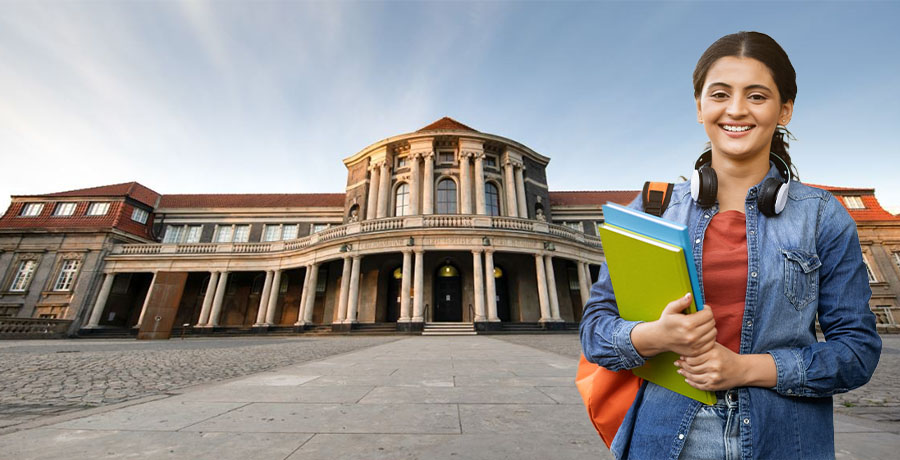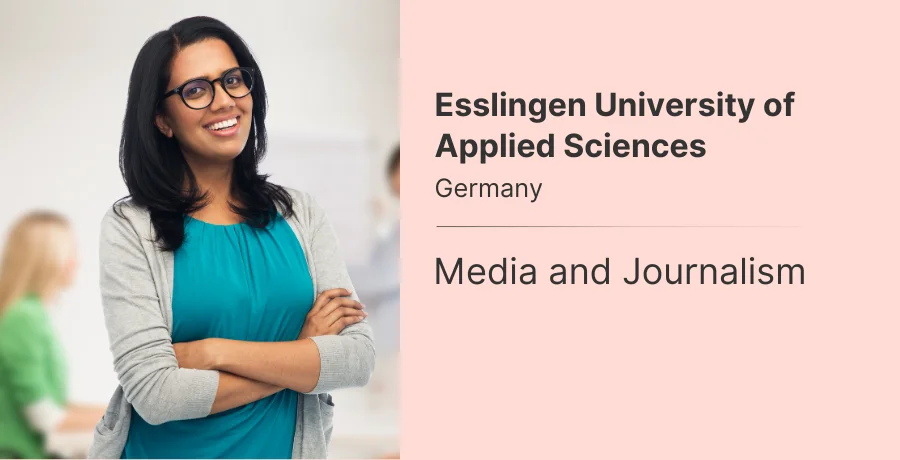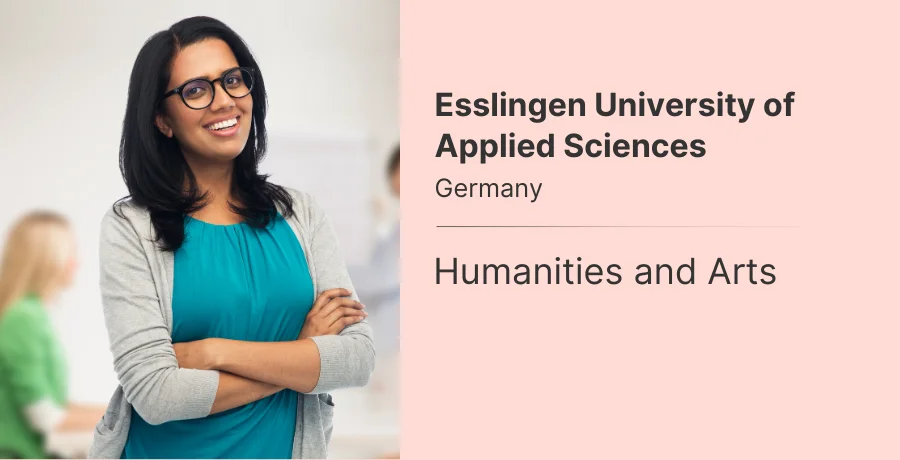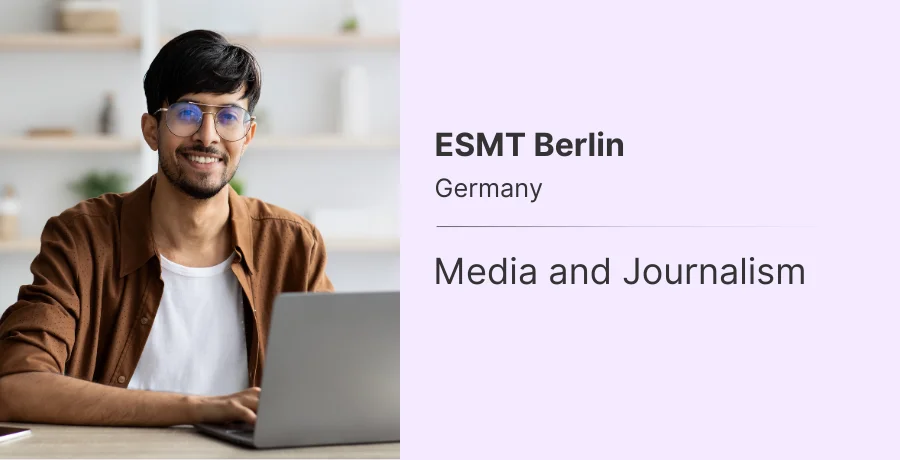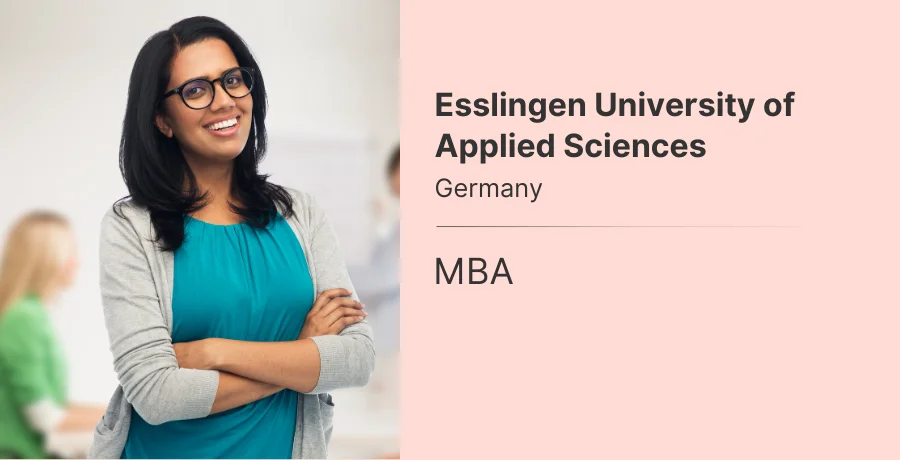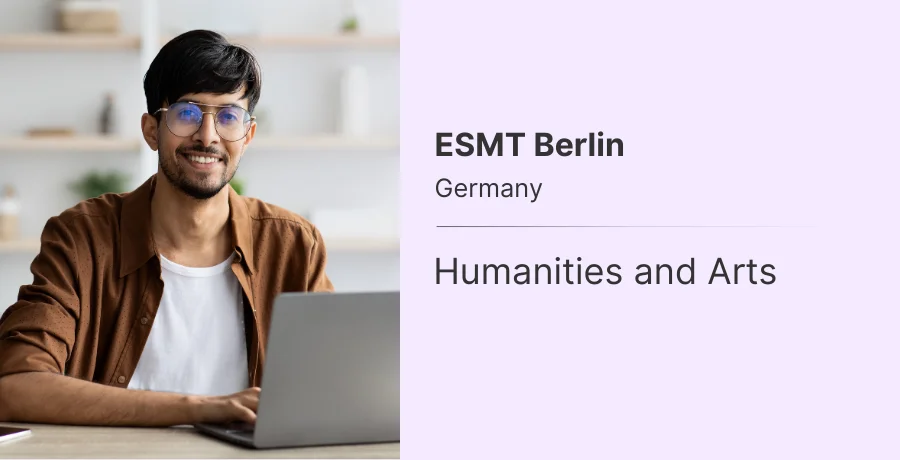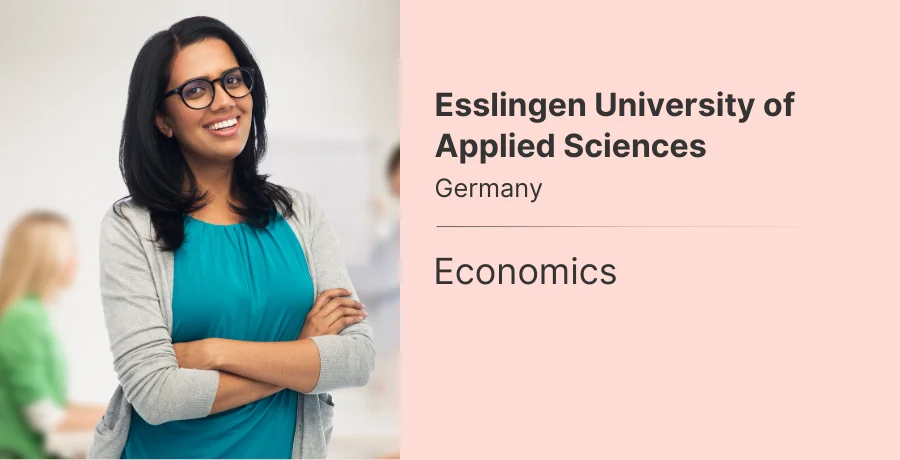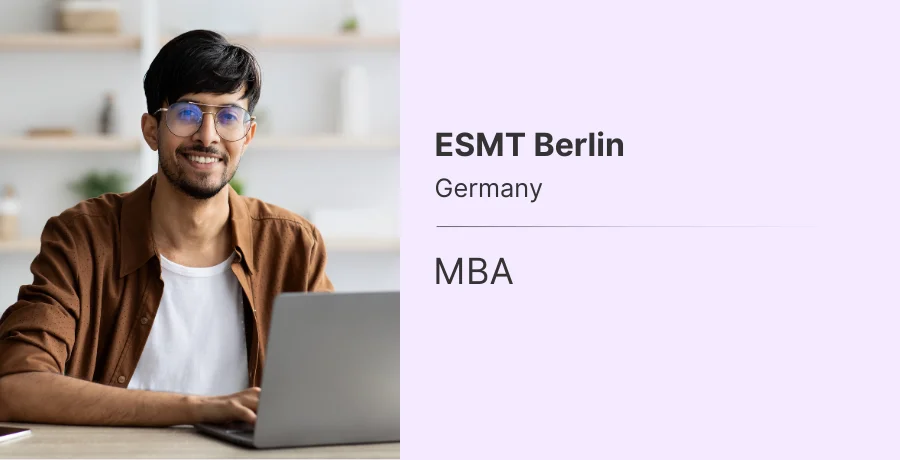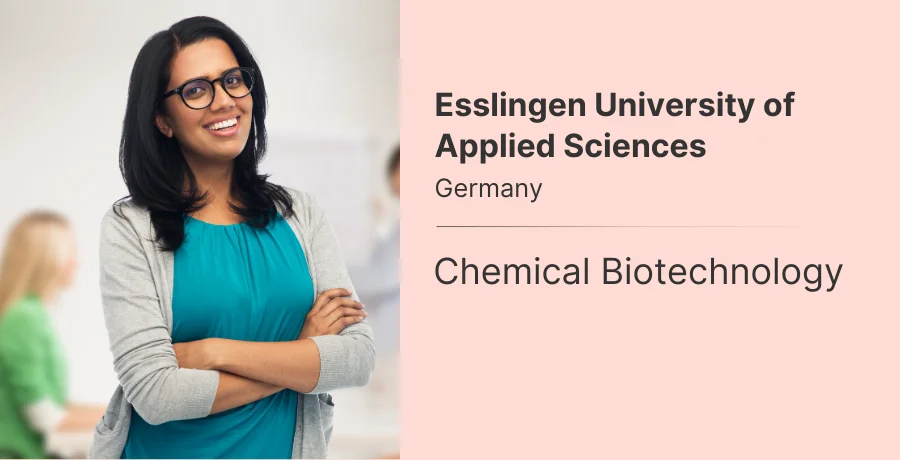Technical University Dortmund– Highlights
Established in 1968, Technical University Dortmund (TU Dortmund) has made a significant mark in the field of higher education. Known for its strong emphasis on research and innovation, the university has consistently ranked among the top institutions globally. According to the QS World University Rankings, TU Dortmund is recognized for its excellence in engineering, computer science, and natural sciences. The university boasts a modern infrastructure with state-of-the-art laboratories, libraries, and recreational facilities. The teaching faculty comprises experienced professionals and experts who bring a wealth of knowledge and industry experience. TU Dortmund is well-funded, receiving substantial support from both government and private sectors, ensuring a robust educational environment.
- Year of establishment: 1968
- QS ranking: Top 500 globally
- Other rankings:
- Top 100 in Germany
- Top 50 in Engineering
- Top 200 in Computer Science
- Top 300 in Natural Sciences
- Top 250 in Business and Economics
- Infrastructure: Modern facilities including labs, libraries, and recreational areas
- Teaching faculty: Experienced professionals and experts
- Funding: Significant support from government and private sectors
- Accreditation: Accredited by the German Science Council and various international bodies
Technical University Dortmund– Rankings
- National Rankings: Technical University Dortmund ranks among the top 40 universities in Germany, known for its strong engineering, computer science, and natural sciences programs.
- World Rankings: Globally, TU Dortmund usually falls within the 500-600 range, with recognition for its research contributions in engineering and technology.
To know more about other universities in the Germany, click here.
Technical University Dortmund - Admissions
Admissions at Technical University Dortmund are highly competitive, attracting students from around the world. The university has a diverse student body, with a significant percentage of international students. TU Dortmund follows a semester-based system with intakes in both the winter and summer semesters. The admission process varies depending on the program and level of study, but generally requires a good academic record and proficiency in the German language.
UG Admissions
- High school diploma or equivalent with a minimum GPA.
- Proficiency in German, usually demonstrated through a recognized language test.
- Submission of a completed application form along with required documents.
- Letter of motivation outlining the applicant's academic and career goals.
- Some programs may require entrance exams or interviews.
PG Admissions
- Bachelor’s degree in a relevant field with a good academic record.
- Proficiency in German or English, depending on the program.
- Submission of a completed application form along with required documents.
- Letter of motivation and reference letters from previous academic supervisors.
- Some programs may require entrance exams or interviews.
Ph.D. Admissions
- Master’s degree in a relevant field with a strong academic record.
- Proficiency in German or English, depending on the research area.
- Submission of a research proposal outlining the intended research topic.
- Letters of recommendation from academic mentors or supervisors.
- Some programs may require an interview with the potential supervisor.
Eligibility Criteria
UG Programs
- Bachelor of Science in Mechanical Engineering – Requires a high school diploma and proficiency in German.
- Bachelor of Science in Computer Science – Requires a high school diploma and proficiency in German.
- Bachelor of Science in Electrical Engineering – Requires a high school diploma and proficiency in German.
- Bachelor of Science in Business and Economics – Requires a high school diploma and proficiency in German.
- Bachelor of Science in Mathematics – Requires a high school diploma and proficiency in German.
PG Programs
- Master of Science in Mechanical Engineering – Requires a bachelor's degree in a relevant field and proficiency in German.
- Master of Science in Computer Science – Requires a bachelor's degree in a relevant field and proficiency in German.
- Master of Science in Electrical Engineering – Requires a bachelor's degree in a relevant field and proficiency in German.
- Master of Business Administration – Requires a bachelor's degree in a relevant field and proficiency in German.
- Master of Science in Mathematics – Requires a bachelor's degree in a relevant field and proficiency in German.
Technical University Dortmund- Programs
TU Dortmund offers a wide range of programs across various disciplines. The university is known for its strong emphasis on engineering, natural sciences, and business studies. Students have access to cutting-edge research facilities and are encouraged to engage in innovative projects.
UG Programs
- Bachelor of Science in Mechanical Engineering
- Bachelor of Science in Computer Science
- Bachelor of Science in Electrical Engineering
- Bachelor of Science in Business and Economics
- Bachelor of Science in Mathematics
PG Programs
- Master of Science in Mechanical Engineering
- Master of Science in Computer Science
- Master of Science in Electrical Engineering
- Master of Business Administration
- Master of Science in Mathematics
Technical University Dortmund– Intakes
Technical University Dortmund primarily has two intakes: Winter Semester (starting in October) and Summer Semester (starting in April). Most undergraduate programs are available only for the Winter intake, while select master's programs may have both Winter and Summer intakes. Application deadlines are generally July 15th for the Winter Semester and January 15th for the Summer Semester.
Technical University Dortmund– Acceptance Rate
The acceptance rate at Technical University Dortmund varies by program but generally ranges between 20% and 30%. The university is known for its rigorous admission standards, particularly in engineering and technology fields. Applicants are evaluated based on academic performance, language proficiency, and other specific program requirements.
Accommodation
TU Dortmund offers both on-campus and off-campus accommodation options. On-campus accommodation includes modern dormitories equipped with all necessary amenities. Off-campus options are also available, ranging from private apartments to shared housing. Various housing options cater to different budgets and preferences.
On-campus accommodation
On-campus accommodation at TU Dortmund includes modern dormitories with facilities such as internet access, laundry rooms, and common areas for socializing. The dormitories are conveniently located within walking distance of the university buildings.
Off-campus accommodation
Off-campus accommodation options include private apartments and shared housing. These options provide more independence and are available in various price ranges to suit different budgets. Many students prefer off-campus housing for the experience of living in the city.
Housing options
A variety of housing options are available, including single rooms, shared apartments, and family accommodations.
Cost of Tuition Fees
The cost of tuition fees at TU Dortmund varies depending on the program and level of study. Undergraduate programs typically have lower fees compared to postgraduate programs. The university offers several scholarships and financial aid options to help students manage their expenses.
| Program | Tuition Fee (Approx.) |
|---|---|
| Undergraduate | €1,500 per semester |
| Postgraduate | €2,500 per semester |
Cost of Living
The cost of living in Dortmund is relatively affordable compared to other major cities in Germany. Below is an approximate breakdown of monthly expenses.
| Expense | Cost (Approx.) |
|---|---|
| Rent, travel utility | €500 - €700 |
| Food & Drink, entertainment | €200 - €300 |
Scholarships
TU Dortmund offers a variety of scholarships to support students financially. These scholarships are awarded based on academic excellence, financial need, and other criteria.
| Scholarship Name | Maximum Amount Offered |
|---|---|
| DAAD Scholarship | €1,000 per month |
| Deutschlandstipendium | €300 per month |
| StipendiumPlus | €1,350 per month |
| Erasmus+ | €850 per month |
| Heinrich Böll Foundation | €1,200 per month |
| Konrad Adenauer Foundation | €1,100 per month |
| Friedrich Ebert Foundation | €1,000 per month |
| Rosa Luxemburg Foundation | €1,350 per month |
| Hanns Seidel Foundation | €1,200 per month |
| Evangelisches Studienwerk | €1,200 per month |
To know about the Germany study visa requirements, click here.
Placements
TU Dortmund has a robust placement cell that assists students in securing job opportunities post-graduation. The university boasts a high placement rate, with many students securing positions in top companies. The placement cell organizes various workshops and training sessions to prepare students for the job market.
| Job Role | Approximate Salary |
|---|---|
| Software Engineer | €60,000 per year |
| Mechanical Engineer | €55,000 per year |
| Electrical Engineer | €58,000 per year |
| Data Scientist | €65,000 per year |
| Business Analyst | €50,000 per year |
| Research Scientist | €62,000 per year |
FAQs About Technical University Dortmund
1. What language proficiency is required for admission to TU Dortmund?
Most programs require German proficiency at the C1 level, while some English-taught programs require an IELTS score of 6.5 or TOEFL score of 90.
2. What are the key application deadlines for TU Dortmund?
Application deadlines are July 15th for the Winter Semester and January 15th for the Summer Semester.
3. Are there scholarships available for international students at TU Dortmund?
Yes, there are scholarships provided by DAAD and other foundations, primarily based on merit or financial need.
4. What are some popular programs at TU Dortmund?
The university is renowned for its programs in electrical engineering, computer science, and business management.
5. Does TU Dortmund offer English-taught programs?
Yes, particularly in fields such as automation and robotics, logistics, and data science at the graduate level.
Other Universities in Germany that you might be interested in,
- Technical University of Munich
- Ludwig Maximilian University of Munich
- Heidelberg University
- Humboldt University of Berlin
- RWTH Aachen University
- Freie University of Berlin
- University of Freiburg
- University of Hamburg
- Technical University of Berlin
- Karlsruhe Institute of Technology
- University of Stuttgart
- Goethe University, Frankfurt
- University of Manheim
- EU Business School
- ESMT Berlin
- Esslingen University of Applied Sciences



